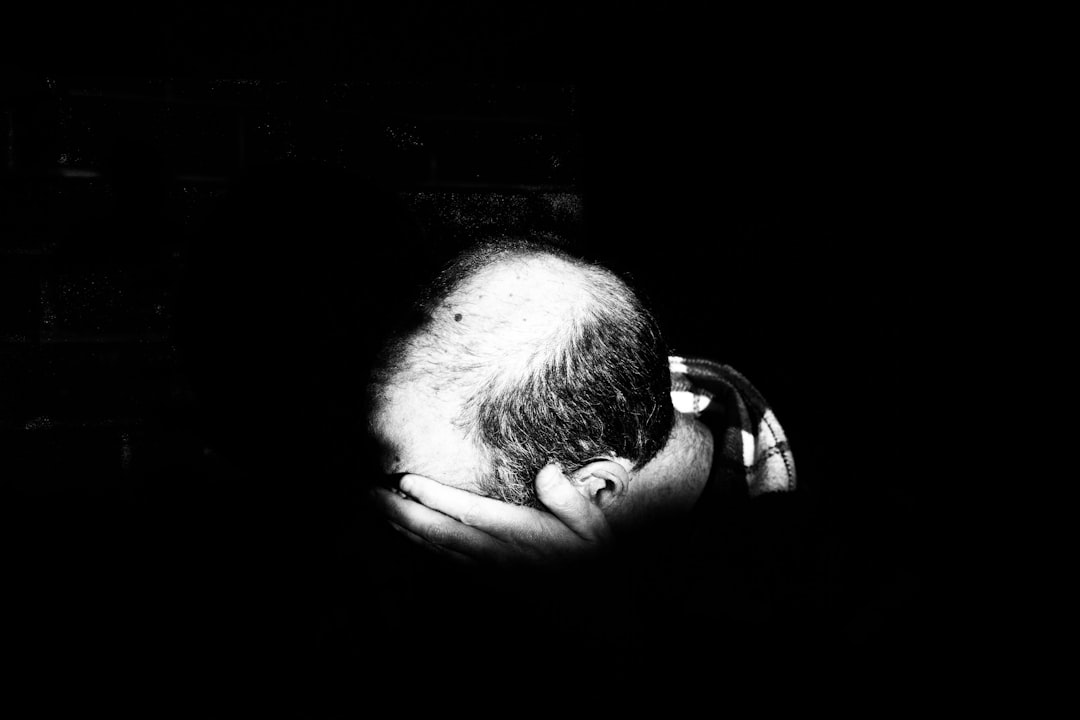Codependency’s guilt and shame
Understanding the Connection Between Codependency and Guilt/Shame
Codependency is a complex and often misunderstood issue that affects many individuals in their relationships. It is characterized by an excessive reliance on others for self-worth and identity, often at the expense of one's own well-being. In the context of codependency, guilt and shame play a significant role, intertwining with one another and exacerbating the challenges faced by those affected.
The Role of Guilt in Codependency
Guilt is a common emotion experienced by codependent individuals. It arises from a sense of responsibility for others' feelings, actions, or well-being. Codependents often feel guilty when they prioritize their own needs or set boundaries, fearing that they are being selfish or neglecting their role as a caretaker.
This guilt can be overwhelming and lead to a cycle of self-blame and self-sacrifice. Codependents may constantly seek validation and approval from others, using their actions to alleviate their guilt and gain a sense of worthiness. However, this pattern only perpetuates the codependent dynamic and hinders personal growth.
The Impact of Shame in Codependency
Shame is closely intertwined with guilt and often exacerbates the challenges faced by codependent individuals. Unlike guilt, which focuses on actions, shame is directed towards one's core identity and sense of self. Codependents often feel deeply ashamed of their perceived inadequacies, believing that they are fundamentally flawed or unworthy of love and acceptance.
This sense of shame can be paralyzing, preventing codependents from asserting their needs or seeking help. It reinforces the belief that they are responsible for others' happiness and that their own needs are inconsequential. Shame also fuels a fear of judgment and rejection, making it difficult for codependents to break free from unhealthy patterns.
Breaking the Cycle of Guilt and Shame
Recognizing the connection between codependency, guilt, and shame is an essential step towards healing and personal growth. Here are some strategies that can help individuals break free from the cycle:
- Self-Reflection: Take time to reflect on your emotions, thoughts, and behaviors. Recognize patterns of guilt and shame and their impact on your well-being.
- Setting Boundaries: Learn to set healthy boundaries and prioritize your own needs. Understand that taking care of yourself is not selfish but necessary for your well-being.
- Seeking Support: Reach out to trusted friends, family, or professionals who can provide guidance and support in your journey towards healing.
- Challenging Negative Beliefs: Challenge the negative beliefs that fuel guilt and shame. Replace them with positive affirmations and self-compassion.
It's important to remember that overcoming codependency and the associated guilt and shame takes time and effort. Be patient with yourself and celebrate small victories along the way.
Conclusion
Codependency and guilt/shame are deeply intertwined, creating a challenging cycle for individuals seeking to break free from unhealthy patterns. By understanding the connection between these emotions and adopting strategies for healing, individuals can embark on a journey towards self-discovery, self-worth, and healthier relationships.

Image: Image by Gerd Altmann from Pixabay
Tim Welch, LPCC Mental Health Counseling,
Newark, Ohio Licking County Online Therapy. Virtual Counseling for Alcohol Addiction, Drug Addiction, Anxiety, Depression & Mental Health Issues.

